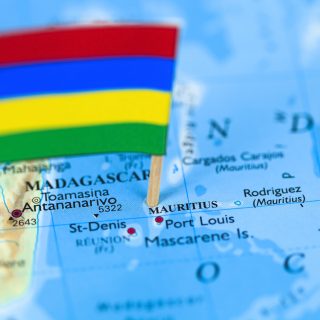Witness, Eavan Boland“What is a colony if not the brutal truth that when we speak graves open and the dead walk”
On Thursday evening of the 26th of January author, barrister, and academic Philippe Sands challenged an audience of fellow lawyers and academics to reckon with Britain’s historical propensity to treat other human beings as inferior based on race and ethnicity. He made note of Britain’s seeming unwillingness to engage with such a past having been distracted from the horrors of a colonial history, he says, that lies at the very heart of Britain.
Sands’ story transported us to a place where the personal has melded with the political. This is a land where responsibility, silence, memory, and identity has converged in a tale of heartbreak, resilience, fight, and truth. He asks, “what happened to the country that once claimed to believe in the international rule of law?”.
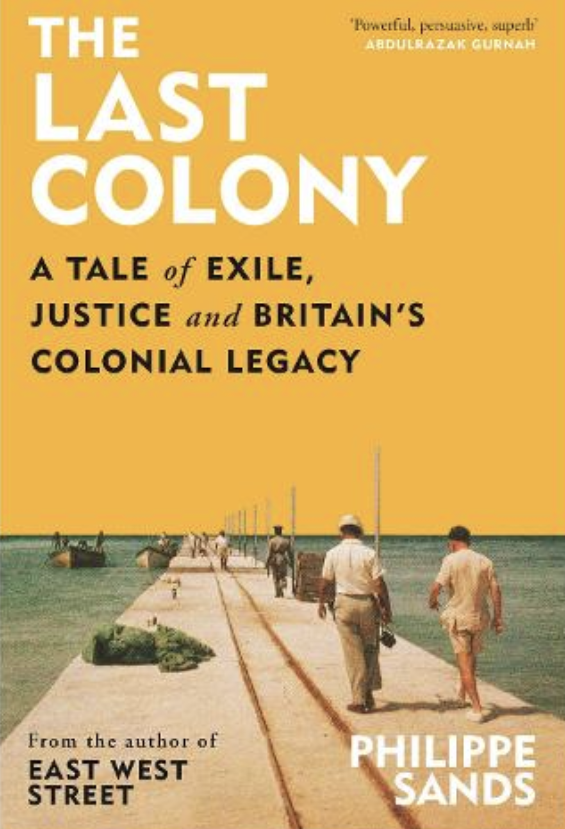
Philippe Sands latest groundbreaking publication The Last Colony: a tale of exile, justice, and Britain’s colonial legacy is the story of British colonialism as it existed in the mid 20th century. His talk summarised his book into the brutal reality of Britain’s relationship with international law as a mere inconvenience. Furthermore, Sands offered the audience a glimpse into the truth of the creation of the British Indian Ocean Territory and its effect on the whole of nations and generations of indigenous peoples as told by the voices of the Chagossian individuals who endured it.
Sands’ story began in the British Indian Ocean Territory where lies the islands of Chagos, an archipelago of British Overseas Territories administered from London. This is the very place where Britain hangs on to its last colony in Africa by means of illegal occupation. In 1973, Chagos was victim to mass deportations of an entire population of residents who were forced from their homes to make way for the establishment of a US military base on the island of Diego Garcia. Nearly 50 years later, its descendants are eager to return.
To make sense of how the fate of the Chagossian people came to be, Philippe Sands says we must begin by recalling the Summer of 1945. That summer decolonization was the hottest subject in town. Britain famously led the way by disbanding their colonial relationship with India in a merciless fight for independence in 1947. Other European nations followed suit. Yet, despite such a seemingly large movement of decolonization, large parts of Africa continued to remain under the colonial rule of Britain and France. In specific, Britain had a firm colonial grasp on Mauritius, an archipelago of islands located in the Indian Ocean.
By Autumn of 1960, the notion of self-determination had reached the UN general assembly, and on the 14th of December of the same year, 89 countries had voted in favour of resolution 1514; the resolution at which declared in terms “all peoples have the right to self-determination,” furthermore prohibiting partial to total disruption of the territorial integrity of any colony. Thus, the right to self-determination came into being and written into international law. Consequentially, the people of Mauritius decided they wanted a part of it.
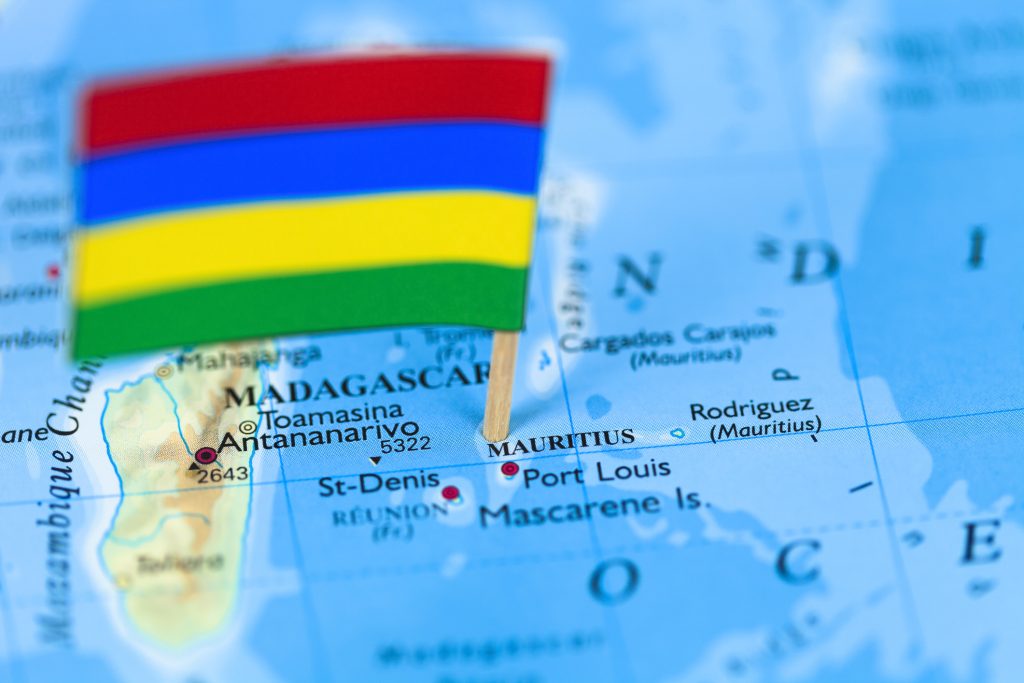
As Mauritius sought out independence, Britain was resisting, only willing to negotiate given Mauritius would grant Britain something in return. Simultaneous to Mauritius push for independence, the US was developing a new policy that would place military bases on distant atolls. Britain decided that in return for Mauritius independence they would empty the entire Chagos archipelago by removing all the inhabitants to eventually give a single island to the Americans for their military base.
Sands made the point of Britain’s need to be careful in doing so. Ultimately, to carry out this plan Britain needed to avoid the charge of trafficking in colony territory, or disregarding the interests of the inhabitants, or even worse, Sands warned, creating a new colony. To circumvent international law and resolution 1514, the detachment of Chagos from Mauritius would have to occur by either securing the consent of the Mauritius people or present them with a fait accompli.
However, there was one big problem left for Britain to resolve in these negotiations: what would be done with the inhabitants? Sands story continued by outlining Britain’s plan of action: Britain would decide upon telling the UN that Chagos had no permanent population. With a horrified gasp from the audience, Sands further went on to state how Britain’s decision to best deal with the generational residence of Chagos was to treat them as contract laborers even if they were as old as 3 months of age. The privy council made its order in council and the new British Indian Ocean Territory was created.
24th September 1965, Britain publicly announced its intention to become independent from Mauritius. 12th March 1968 Mauritius gained their independence and a month later joined the UN. Five years later Americans moved into Diego Garcia, the distant atoll for which Britain disbanded the archipelago for in the first place.
In April of 1973, 2,000 human beings were removed from their homes and deported to Mauritius. It is through the moving account of Lisby Elyse who at just 20 years old was forcibly removed from her home in Chagos, that the tale of the Chagossian people and their fight for justice in the crimes against humanity committed upon them takes shape in Philippe Sands book.
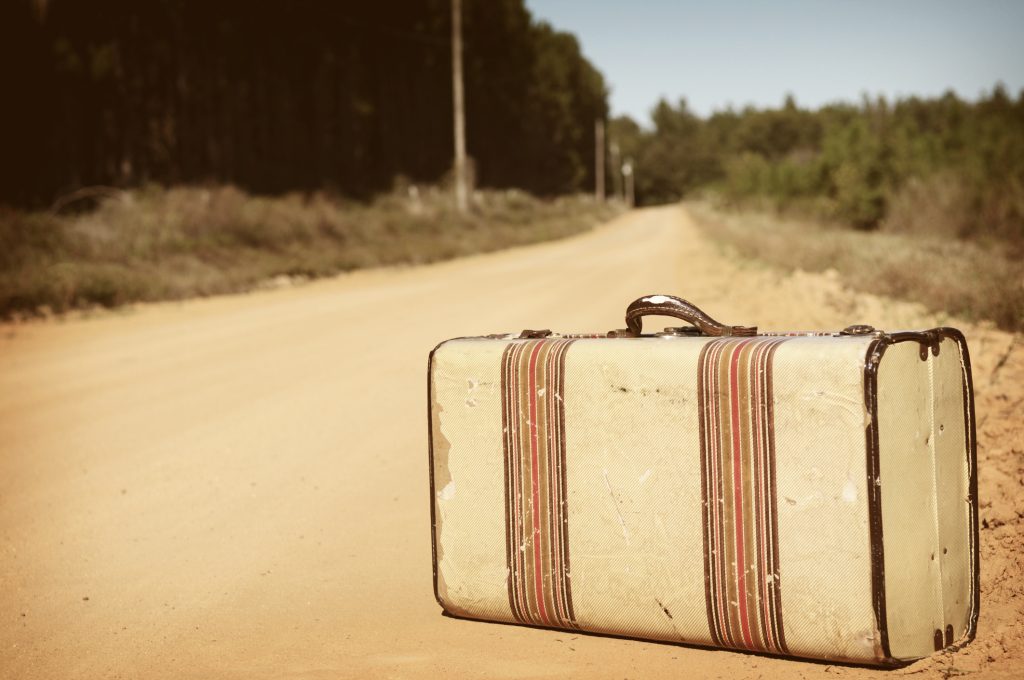
Pregnant and vulnerable, the only option, Lisby Elyse recalls, was to either get on the boat or stay and starve. She was instructed to take a single suitcase along with her. The following morning, she, and everyone else were to load aboard boats and leave the island with no hope of return. Sands noted Lisby’s experience stating that this occasion was the first time she had ever seen a white person, and this is what white people did to her. Lisby Elyse was on the last boat out from the island. Sands described the scene through Lisby’s words as baron, with no one there but American troops.
By the time Philippe Sands arrived at the International Court of Justice in The Hauge in 2018 to represent the Mauritian government in their legal battle with the UK, it had been nearly 5 decades since the forced deportations. When asked by Lisby Elyse why it had taken so long to get to the international court of justice, Barrister Philippe Sands answered, “justice is a long day.”
Sands passionately argued that the manner of the Chagossians removal was shameful and wrong, and that the detachment of Mauritius was without their consent, unbased on the will of the people concerned. He said that Britain was an illegal occupier of Mauritius and demanded that such illegal occupation be ended immediately.
Amidst the climax of debate, Philippe Sands offered a brief morsel of bittersweet relief to the horror of this colonial tale. He recalled back to February, about a year ago, he said, when Mauritius decided to launch an expedition to the Chagos archipelago without the UK’s permission. He noted that the British could not try to stop them. Academics, marine scientists, lawyers, – including Sands himself – journalists, 25 Mauritian government officials, and a group of Chagossians including Lisby Elyse and her 4 closest friends were all members of this mission.
Together, they all boarded the “Blue Dream,” a ship, Sands said, that took them on a thousand-mile journey to the abandoned atolls that the Chagossains had once called home. After 6 days at sea, they had finally arrived. Philippe Sands described the moment in such mesmerising detail one could almost taste the warm, salty air of the island and be lulled into a peace by the whispers of the palms.
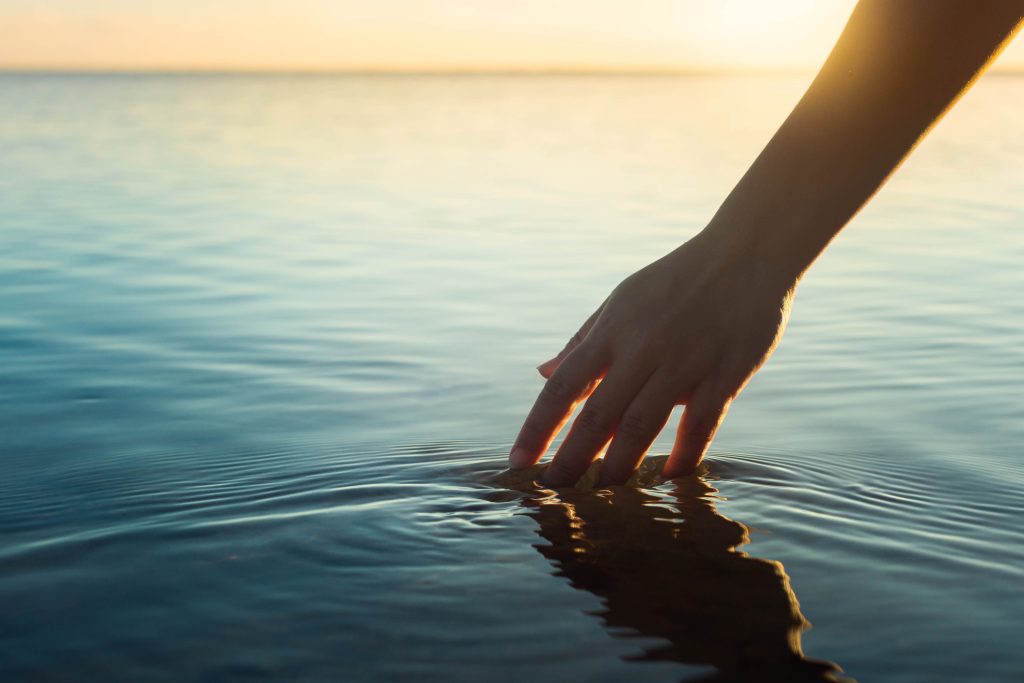
It was a full circle moment, he recalled, that very second that Lisby had stepped off the boat. Lisby Elyse, one of the last Chagossians to have been deported from the island nearly five decades prior was now the first person to touch islands of Chagos post deportation. With a smile on her face, she bent down, dipping her hands beneath the blue water which she emerged from with a handful of white sand. He recalls how slowly she let it pass through her fingertips. Then, for 23 minutes, they all prayed.
Soon after, it was off to work, taking to the island to clean up the cemeteries and the churches that had been left abandoned for the last fifty years. When not at work, Sands spoke of the constant dancing to the rhythms of Chagossian songs. Lisby Elyse and her childhood friends would sit about reminiscing on their childhood and play hide and seek between the palms that lined the shore. They were home and it was bliss.
November of that year, the foreign secretary announced that Britain and Mauritius would now negotiate on the exercise of sovereignty on the basis of international law. Philippe Sands noted that these negotiations are now underway but could not provide further comment on the favour the negotiations appear to be leaning. He did say, however, that the end could furthermore be in sight. Sands shared that the flag could come down on Britain’s last colony in Africa marking the end of an age and the beginning of another.

In a final statement, Philippe Sands said that this event could be “a new moment one that might allow us to look back with greater honesty, and also to look forward with some hope and decency and principle and the recognition that law really can help people who come from disadvantaged communities.”
Gabrielle Woodings received a Bachelor of Arts degree in English Literature at California State University, Northridge. Now undertaking the GDL, she intends to specialize in intellectual property law with the desire to qualify as a solicitor and work in legal journalism. Gabrielle covers a range of legal subjects by writing informative articles and themed columns that spotlight practice areas of solicitors and legal culture.

